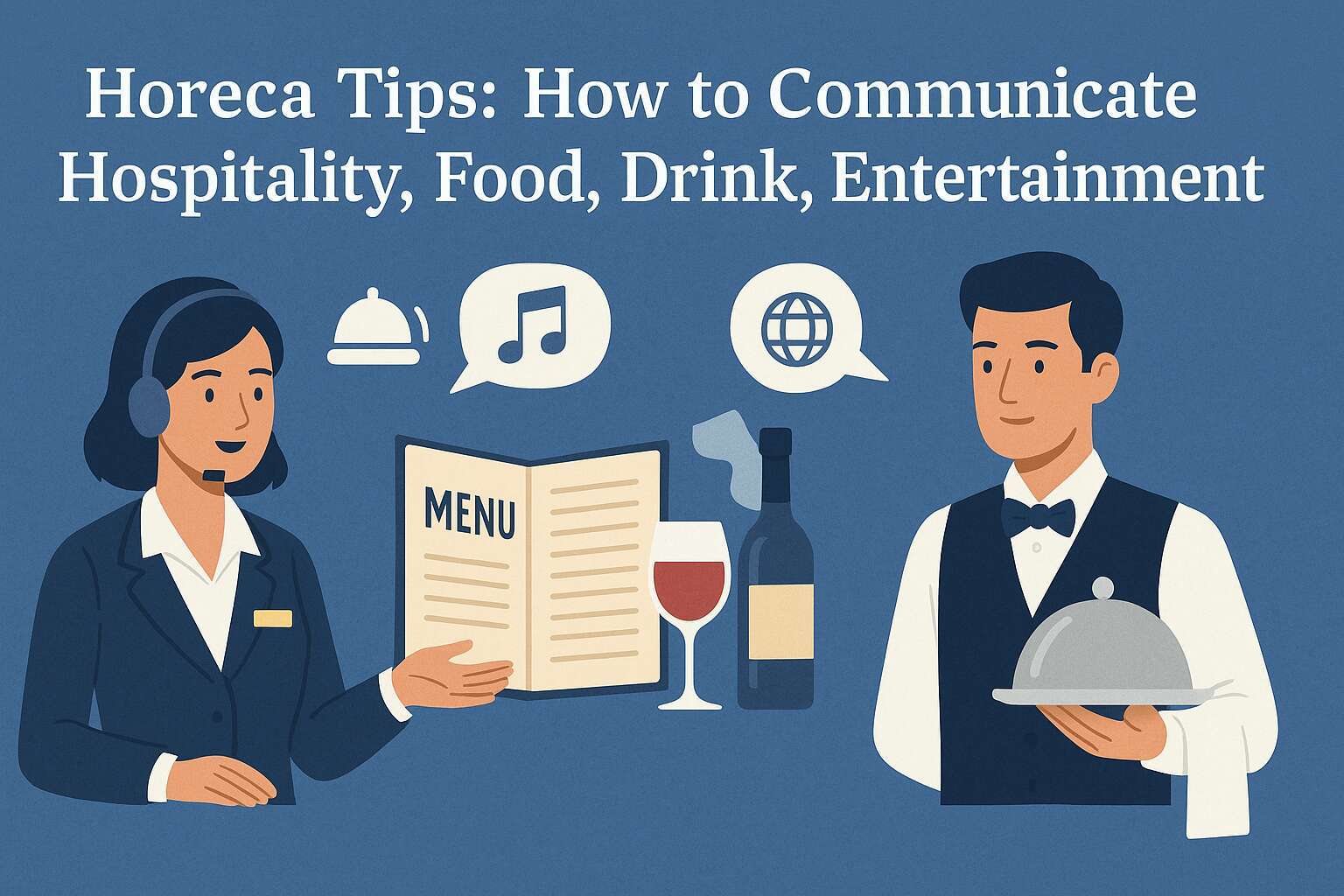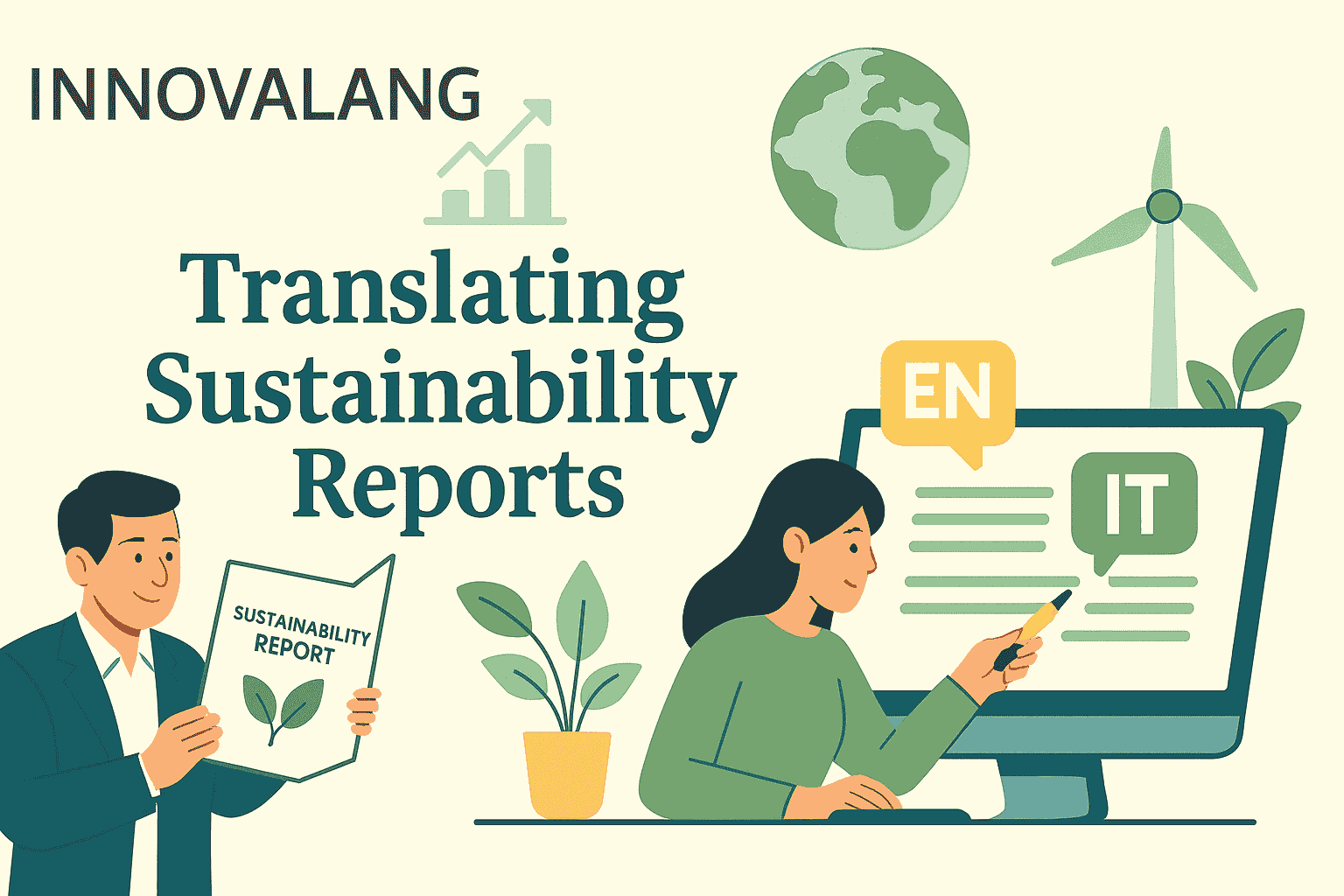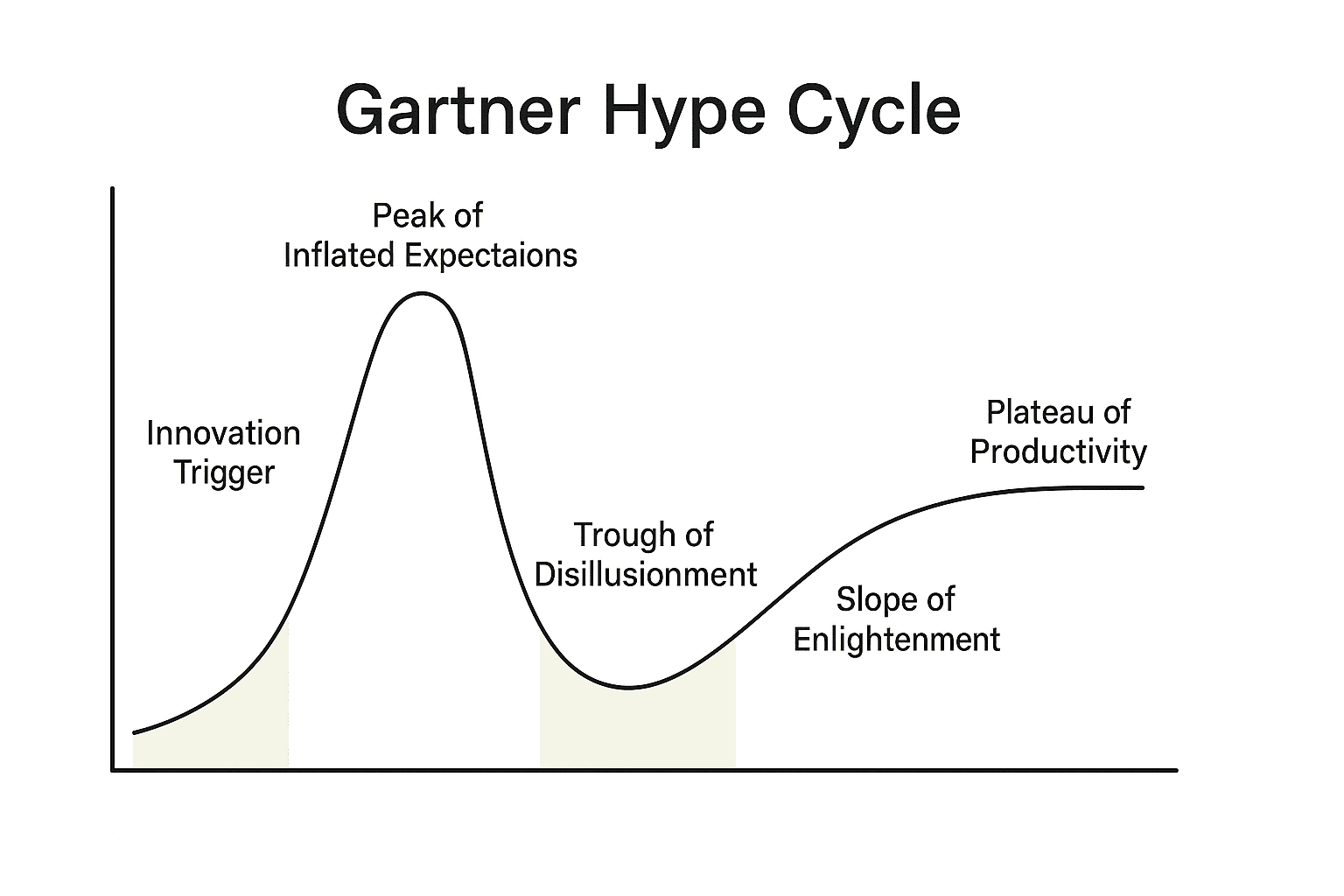In the competitive HoReCa world (Hotels, Restaurants, Cafés, and Catering), communication is everything. Your menu, your marketing, and even the way your staff speaks to customers can make or break your reputation—especially if you are targeting international guests. In an era where culinary tourism is booming, accurate translation and cultural adaptation are no longer optional; they are essential to creating authentic experiences and driving business success.
This guide explores the power of culinary translation, the importance of hospitality language services, and how to adapt your communication strategy to different cultures. You’ll also find actionable tips on staff training and learn why working with professional translation experts, such as InnovaLang’s HoReCa Translation Services, is crucial for maintaining consistency and cultural respect across global markets.
- Culinary Translation: Your First Step Toward Success
Your menu is often the first point of contact between your brand and your customers. A poorly translated menu can create confusion, damage credibility, or—worse—drive customers away.
Take a look at InnovaLang’s article on menu translation mistakes: mistranslations like “roasted child” instead of “roasted veal” are not just embarrassing, they can quickly go viral online, harming your brand image.
Accurate culinary translation does more than just list ingredients. It conveys the essence of your dishes, adapts names and descriptions for different cultures, and ensures allergens or dietary information are clear. A well-translated menu invites customers to explore, making them feel safe and respected.
For example, translating “spaghetti alla carbonara” literally as “charcoal spaghetti” would mislead customers unfamiliar with Italian cuisine. A professional translator might keep the original name but add a short explanation, like “traditional Italian pasta with eggs, cheese, and pancetta,” preserving authenticity while being informative.
- Hospitality Language Services: Building Trust and Comfort
In hospitality, words are part of the experience. From welcome messages in hotel rooms to promotional brochures for spa services, every detail contributes to customer satisfaction.
Professional hospitality language services ensure that:
✔ Hotel instructions, safety regulations, and service descriptions are clear and culturally adapted.
✔ Promotional materials sound natural in every language, not like awkward machine translations.
✔ Multilingual customer support is available for bookings, complaints, or special requests.
Guests appreciate establishments that speak their language. Something as simple as greeting customers in their own language or offering printed materials in multiple languages can transform a standard visit into a memorable one.
- Localisation: More Than Translation
Translation tells customers what you offer; localisation tells them you understand their culture. Adapting your content to cultural norms, social expectations, and local customs makes your brand feel more welcoming.
For example:
- A restaurant targeting Middle Eastern customers should avoid translating dishes with pork references in a literal, casual way and instead highlight alternative options.
- A hotel promoting its New Year’s events in Asia might feature local traditional elements, such as Lunar New Year references, to resonate with guests.
This is where InnovaLang stands out. Its HoReCa translation specialists combine linguistic precision with deep respect for cultural nuances, ensuring that every message feels authentic in the target language.
- HoReCa Marketing: Reaching the Right Audience
The best food and hospitality services can go unnoticed if your marketing fails to connect with international audiences. Here are some marketing tips:
✔ Use SEO for hospitality keywords in multiple languages to attract travelers searching online.
✔ Run multilingual social media campaigns—images of your dishes or hotel rooms can be adapted with captions in the language of your target market.
✔ Tell cultural stories—highlight regional ingredients or traditions to make your brand feel unique.
Consistency is key. The tone, style, and terminology used across websites, brochures, and social media must match in every language. Partnering with experts ensures that your international marketing remains on-brand and culturally sensitive.
- Training Your Staff: Human Interaction Matters
Even with perfect translations, your staff is your first ambassador. Train employees to handle foreign customers by:
✔ Learning basic greetings and polite expressions in common languages.
✔ Understanding cultural dining or service etiquette (e.g., tipping habits, dining preferences).
✔ Being aware of dietary restrictions (halal, kosher, vegan) and how to explain menu options accurately.
Non-verbal communication matters too: smiling, using respectful gestures, and avoiding culturally offensive body language can improve the customer experience dramatically.
- Cultural Sensitivity: Respecting Differences
Cultural differences influence more than language. Some customers prefer family-style sharing meals, others expect individual portions; certain ingredients may have cultural or religious implications. Researching these preferences helps you adapt both your offerings and your communication.
For example, describing a dish as “traditional” or “authentic” might be a selling point for European customers but irrelevant—or even confusing—in other markets where the same dish is common.
- Partnering with Translation Experts
Relying on automated translations for your HoReCa business is risky. Wrong translations can lead to misunderstandings, bad reviews, and loss of trust.
Professional translation experts ensure:
✔ Consistency in tone and terminology across menus, marketing, and staff materials.
✔ Culturally sensitive messaging that resonates with diverse audiences.
✔ Time efficiency—important for seasonal promotions or fast-changing menus.
With InnovaLang, you get more than words; you get translations that preserve the cultural essence of the target language, ensuring that your brand feels authentic, welcoming, and trustworthy.
Conclusion
In the HoReCa industry, language is hospitality. A well-translated menu, culturally adapted marketing, and trained staff can transform a casual visit into an unforgettable experience, driving loyalty and positive reviews.
By embracing professional translation and localisation, and by respecting cultural differences, you can position your brand as inclusive, authentic, and globally competitive.
Don’t let language barriers hold you back—let InnovaLang help you speak the universal language of hospitality.






